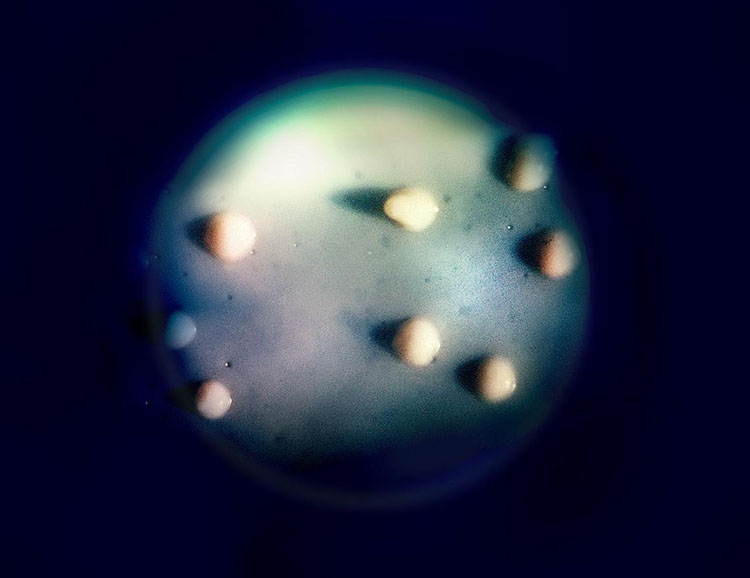IRP study examines connections between drinking water quality and increased lung infections in people with cystic fibrosis
High levels of some minerals and metals in environmental water supplies may increase the risk of nontuberculous mycobacteria (NTM) pulmonary infections in people with cystic fibrosis, according to a new study from the National Institute of Allergy and Infectious Diseases, part of the National Institutes of Health. The study, appearing in Environmental Epidemiology, found the presence of the metals molybdenum and vanadium along with sulfate—a collection of mineral salts—in the U.S. municipal water system was associated with an increased incidence of NTM pulmonary infections, the leading cause of drinking-water associated illnesses.
Prior studies have shown that certain environmental conditions, including the presence of trace metals, likely contribute to a higher abundance of NTM in the water. Two of the most common forms of NTM bacteria in the U.S. are Mycobacterium avium complex (MAC) and M. abscessus. Both are linked to chronic lung infections in people with cystic fibrosis and other lung diseases. More than 35,000 people in the U.S. have cystic fibrosis, which causes the body to produce thick mucus, causing lung damage and trapping bacteria, increasing the likelihood of lung infection. This study measured whether the concentration of metals and minerals in the water had any influence on the probability of MAC and M. abscessus infection in people with cystic fibrosis.

A magnified view of a petri dish culture plate with cultivated colonies of the bacterium Mycobacterium avium. Color effects have been added to image for visual interest.
This page was last updated on Friday, August 25, 2023